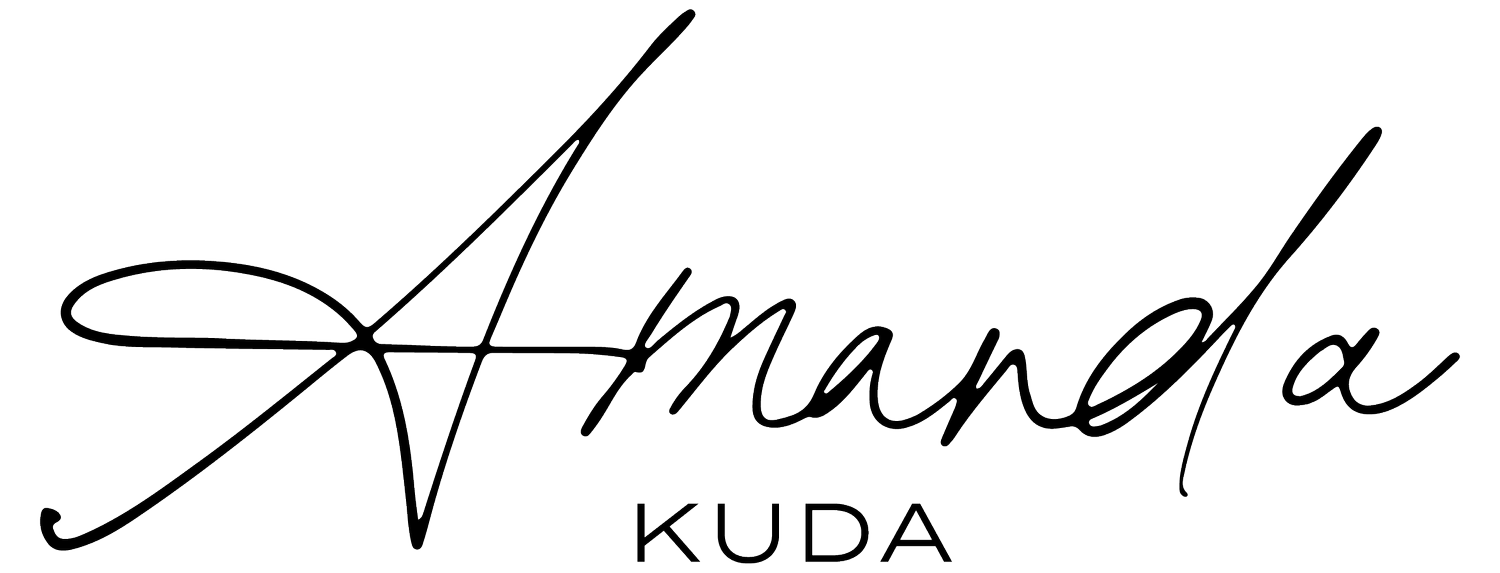Why I Choose Sobriety Over Moderation
When I started to feel like drinking culture was no longer serving me a few years ago, I was admittedly resistant about being “sober” because of the social stigma I held around the label. I didn’t want to be “sober” because I didn’t want to have a “problem”. As it turns out, you don’t have to have an addiction-level “problem” with alcohol for it to be a “problem” in your life.
For me, it was clear that alcohol was holding me back from living the life I wanted to live. At 31, I was - by all accounts - a completely normal social drinker. I saved most of my drinking for the weekends, I wasn’t missing commitments or binging in solitude. I was just participating in the Rose All Day, Wine o’Clock culture that society told me was normal for a single, young professional. But when I looked at how drinking made me feel (lethargic, unmotivated, sometimes sad, regretful, empty) and behave (obnoxious, unconfident, judgmental, snarky, over-the-top), I knew with certainty that I was not being the best version of me when I was drinking (or recovering from drinking, which seemed like an all-too-vicious cycle). Furthermore, my going out and recovery schedule were taking up valuable time on my calendar...time I always intended to spend doing things that were truly important to me.
So, I did what anyone who had been brainwashed by society to think their lifestyle was completely normal would do: I picked a half-assed approach that still let me have an excuse to go on living life the same old way. It was called moderation. Moderation, in theory, is wonderful. You magically shift your habits and implement this crazy level of self control with a substance that is literally intended to weaken your willpower. What resulted were weekends spent finding excuses to overindulge (a friend is in town, open bar, special event, etc.) and then beating myself up for not sticking to my goals. All of this while simultaneously feeling the tremendous physical and mental effects that alcohol had begun to have on me. In short, moderation was a complete failure. I spent my weekends obsessing over how I could manage to still keep this completely depleting drug in my life and then kicking myself for how awful I felt whenever my ingenious plan didn’t work out.
Truthfully, it wasn’t really my plan to become completely alcohol-free. I thought I’d do this magic cleanse and be able to “reset” my system to moderate with more ease. So, I did a 30-day detox, but then feared I hadn’t quite given myself enough runway to reset yet and committed to another 60 days...just to be sure I was in the safe zone. Here’s where something shifted. Sometime during that 90 day stint, not drinking became really easy. I started to feel healthy and resilient and capable. I went from feeling like drinking was something I had to give up in order to feel the way I wanted to feel to something I wanted to cut out of my life because it was causing me more trouble than it was worth to cling onto it.
Yes, I was terrified I’d be a social outcast. Yes, I was afraid I'd lose my ability to be outgoing in social settings. Yes, I was worried I would no longer be considered “fun” or be able to have fun in the same ways. But I was also sickened by the idea that life was all about happy hours and boozy brunches. Though I had submitted to that life and those fears for over a decade, I was tired of trying to make alcohol work. For me, trying to make alcohol work was a freaking miserable process full of failure.
Now, almost 600 days into my journey of being alcohol-free, I feel it is my ethical obligation to help rewrite the narrative about what it means to be alcohol-free. It doesn’t mean you are a loser, an outcast, a prohibitionist, an alcoholic, or a prude. It simply means you are choosing a lifestyle where what is “normal” is no longer enough. A lifestyle where you will no longer settle for running from emotions and discomfort and vulnerability. It means you are choosing a path where you are willing to consciously work through all of your problems, fears, and feelings because you are willing to consider that you are a tremendously strong, capable, emotionally intelligent, and resilient human being. It means you are making a conscious decision to stop settling for situations and people that are only made tolerable through intoxication. Living alcohol-free, or sober, or dry, or clean, or however you choose to identify is a journey of bravery, and vulnerability. It's a bold and wonderful path that has only led to opportunities and experiences beyond my wildest dreams. With it, I've found a level of ease, flow, and happiness that weren't available to me during my days of frivolous drinking or moderation.
If you’re curious about what living a sober lifestyle would look like; I’d love to talk to you.

